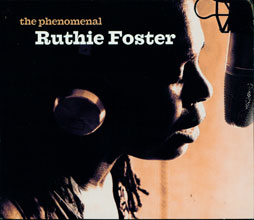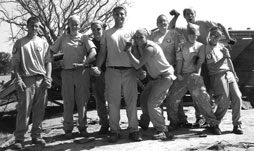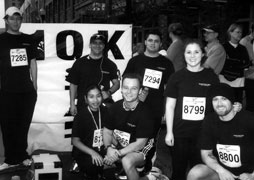By Sharon Murra-Kapon/south news editor
To Our Credit, the second offering of the South Campus Women’s History Month Film Festival, reveals the stories of women who used their skills to start their own businesses.
The two-hour film, divided in two parts, will be shown 2-4 p.m. Thursday, March 8, in SRTA 1201. The first part almost exclusively talks about bootstrap banking and the world while the second part explores bootstrap banking in America.
The first half highlights women in Bangladesh, South Africa, Bolivia and India. In order for them to sell their work, they must buy the material. In many cases, the women do not need to know how to start their own businesses because they do not have enough collateral—the requisite to obtain a loan.
According to the PBS Web site, about 20 years ago, a few micro-credit pioneers in Asia and Latin America first addressed the need for working capital. Now, more than 15 million people receive micro-loans. Access to micro-credit is especially important to women because, statistically, four out of five borrowers worldwide are women.
The second half of the film shows how micro-enterprise has become a feasible system for economic opportunity for many low-income Americans. Three out of four micro-entrepreneurs in the United States are women, who also deal with parental tasks.
Many times, women cannot qualify for the needed loans because of poor credit history, and banks are unable to meet such needs.
However, many economic development organizations have acted in response to such cases including small loans for self-employment, business training, networking and access to markets.
According to the PBS Web site, The National Foundation for Women Business Owners reports a new woman-owned business opens every 11 seconds. Currently, an estimated 3.5 million woman-owned, home-based businesses provide full-or-part-time employment to 14 million people.
The film encourages capital making and lending to individuals rather than charity. The film also promotes dignity and resources for people who need the most.



























